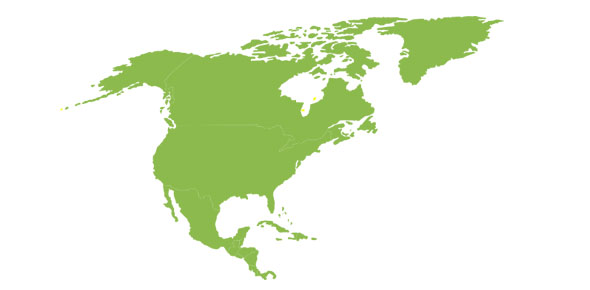The issue of religion figured most prominently in the consideration of...
"In the 1500s, Native Americans possessed a wide range of complex...
The chief purpose of mercantilist policies was to
Which of these BEST describes the way Europeans treated Native...
Enlightenment philosophers believed in all of the following ideas...
Which of the following sources would be most useful in studying the...
Which of the following did the colonies lack?
Which of the following sources would be most useful in researching a...
The survival of the Jamestown colony can be most directly attributed...
Which of the following was not a consequence of the Stamp Act?
John Dickinson defended the idea of no taxation without representation...
The Virginia and Kentucky Resolutions presented the argument that
Preachers of the Great Awakening focused on the importance of
"After the French and Indian War, the British government tried to make...
Which of the following documents would be most useful in...
Benjamin Franklin was the epitome of the multitalented colonial...
Which of the following most accurately describes the change in...
Roger Williams differed from other Puritan ministers in his emphasis...
"The new state constitutions enacted during the Revolutionary War...
Pontiac's Rebellion was a reaction to the
Which of the following statements accurately describes an...
In 1788, the Federalist promised to add a bill of rights to the...
The delay in founding English settlements in the Americans was the...
Decline in support for the Federalist Party can be traced most...
Which of these correctly describes a problem faced by Virginia in the...
As a result of the Treaty of Paris, the US gained all of the following...
The issue of religious toleration figures prominently in the founding...
Which of the following is true of immigration to the colonies in the...
Which of the following sources would be most useful in studying the...
William Penn's "Holy Experiment" included all of the following ideas...
At his third trial, John Peter Zenger won acquittal on the grounds...
The Battle of Saratoga had all of the following consequences except
Which of the following was the underlying cause of the other four?
"The US Constitution is a bundle of compromises." Which of the...
Which of the following was the LEAST important factor behind European...
The Great Awakening was a reaction to
In the 1780s, all of these contributed to dissatisfaction with...
Alexander Hamilton's financial program consisted of all of the...
At the beginning of the 17th century, all of the following factors...
"Puritan intolerance of dissent led to the founding of a number of new...
"The Articles of Confederation succeeded in guiding the United States...
Which of the following statements is the most widely accepted...
The acts of trade and navigation had all of the following consequences...
In the mid-18th century, all of the following were true about slavery...
Which of the following does NOT express a British criticism of the...
In his pamphlet Common Sense, Thomas Paine defended the idea of...
Which of the following best represented the "new man" described by...
The First Continental Congress was a reaction to
Which of the following was not a significant consequence of the...
The Great Awakening had all of the following consequences except
The Townshend Acts provoked all of the following colonial reactions...
Which of these accurately describes the governments of all 13 colonies...
Which of the following is a correct statement about the American...
The Boston Tea Party had which of the following causes?
Which of the following was not a factor in the formation of the New...
Which of the following most accurately describes those Americans who...
In the 18th century, all of the following were true about colonial...
Which of the following is a correct statement about the United States...
By the end of the 16th century, all of the following were true about...

















